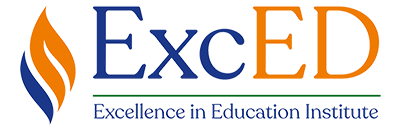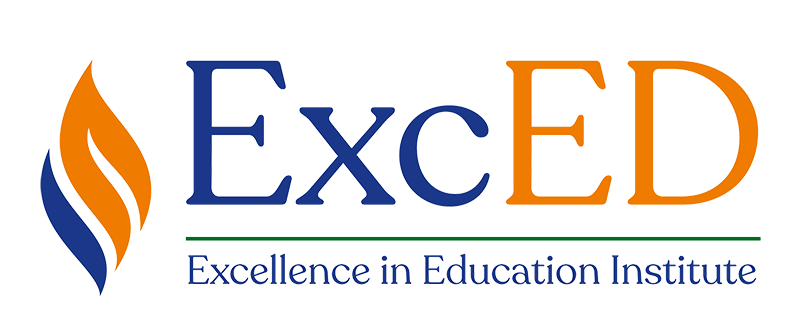Total Quality Management
Course Features
- Course Duration:
- Category: Technology and Operations
- Students: 0
- Certificate: No
- Location:
- Language:
- Lesson: 0
- Viewers: 1605
- Prerequisites: No
- Skill Level:
- Course Capacity: 50
- Start Course:
Descriptions
-
- This course explores the principles and concepts of this management philosophy and system, initially called Total Quality Control and now more popularly known as Total Quality Management. Adopted and persistently applied, this system will result in higher customer satisfaction, larger market share, greater productivity, and higher profitability. It is a strategic, not merely operational or tactical, approach to managing the entire organization.
Introduction
Customers’ loyal patronage is the lifeblood of all businesses. A firm must convince its customers that it offers superior value for money compared to what competitors offer. The components of value are Quality, Cost, and Delivery.
In the past, many firms assumed that Quality and Cost cannot go together; higher quality is necessarily more expensive, and lowering costs will involve some sacrifice of quality. The Japanese, recovering from the ashes of World War II, learned from two American gurus that high Quality, low Cost, and reliable Delivery can occur together if the quality of the process was continuously improved. They applied these lessons diligently and within 30 years achieved the status of an economic superpower.
This course explores the principles and concepts of this management philosophy and system, initially called Total Quality Control and now more popularly known as Total Quality Management. Adopted and persistently applied, this system will result in higher customer satisfaction, larger market share, greater productivity, and higher profitability. It is a strategic, not merely operational or tactical, approach to managing the entire organization.
Learning Objectives
At the end of this course, the participants would have been able to:
- Understand and accept the radical changes in mindsets and thinking patterns required by TQM
- Understand the customers’ superordinate goals, levels of expectation, and value calculation
- Explain the importance of processes, their component elements, and the cost of quality created by these processes, and the concept of muda or process waste and how to identify and eliminate or reduce them
- Learn to engage all their human resources in the never-ending effort to improve
- Apply TQM as a powerful strategic weapon to ensure future progress and prosperity of the firm
- Explain and apply the three superordinate principles and seven key concepts of kaizen or continuous improvement
- Explain the concepts behind service quality and benchmarking
Our Main Teachers
-
MBA at Ateneo Graduate School of Business…


